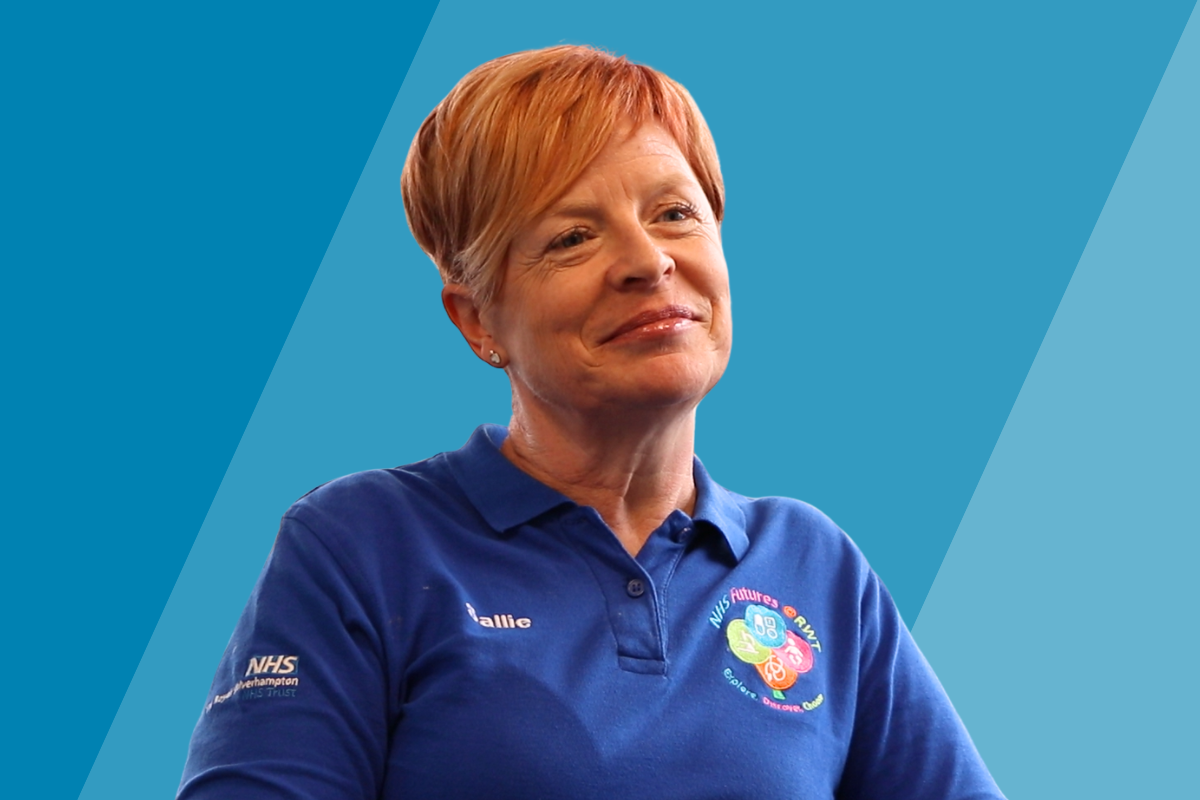Shaping the Future of Employment Services: Professional Standards as the Cornerstone for Success

High standards and continuous improvement in employment services are essential for building resilient, effective workforces. Governments seeking to enhance their approach to policy, commissioning, and contracting can benefit from strategies that prioritise quality and adaptability. Drawing on insights from recent reports and models from the UK, Sweden, and the Quality Improvement Frameworks (QIF) pilot projects, a focus on data-driven feedback, professional standards, and accountability in service delivery can help create inclusive job markets that respond to evolving local and national needs.
Creating inclusive job markets that respond to evolving local and national needs
In an increasingly complex global economy, governments are under pressure to create inclusive, dynamic job markets that not only meet immediate employment needs but also foster long-term career growth and resilience. As countries recover from the economic aftershocks of the COVID-19 pandemic, adapt to technological disruptions, and navigate demographic changes, the challenge is clear: how to craft employment policies that effectively support both workers and employers in an evolving labour market.
A central component of this effort is ensuring that employment services are guided by professional standards and driven by continuous quality improvement. But this raises important questions: How can governments develop policies that keep pace with changing labour demands? How can they implement contracting and commissioning frameworks that deliver high-quality outcomes for job seekers? And what role can professional bodies play in helping governments achieve these objectives?
The Crucial Role of Professional Standards in Employment Policy
Employment services play a pivotal role in public policy, bridging the gap between job seekers and employers. The quality of these services directly affects workforce participation, productivity, and economic growth. Countries that have succeeded in building resilient labour markets often emphasise professional standards, ensuring that the services delivered are of the highest quality and designed to adapt to future challenges. In the UK, recent government statistics on Restart in particular show that the top-performing providers are those who invest in professional work-based training and qualifications for their staff, underscoring the value of a well-trained workforce in delivering effective employment support. However, maintaining such standards is no small task.
The recent Institute for Employment Studies (IES) report, “The Future of Employment Support,” outlines key recommendations for implementing common standards and success measures across employment services. The report argues that to effectively support workforce resilience, there needs to be a unified framework that aligns national priorities with local delivery. This includes establishing Service Guarantees and Charters for both service users and employers, consistent success metrics across programmes, and a common approach to commissioning that promotes a sustainable, diverse market of providers.
The need for a common accreditation system for Employment Advisers
In particular, the report highlights the need for a common accreditation system for employment advisers. Currently, there is no single accreditation path, with the Department for Work and Pensions (DWP) using a mix of internal certifications and a Level 4 Certificate in ‘Managing the Delivery of Services to Customers’, which includes elements of coaching and labour market insights. The IEP offers accredited training and qualifications, including the Employability Practitioner Apprenticeship Standard. The report suggests that government collaboration with IEP and other industry stakeholders could help create a cohesive accreditation framework, supporting standards and continuous improvement across all services.
International Models and Lessons Learned
Looking at global approaches, many countries have adopted innovative models to strengthen professional standards in employment services. In Australia, for example, the use of performance-based contracts for employment service providers has been coupled with strict professional standards, ensuring providers are incentivised to deliver quality outcomes. This approach, while successful in driving performance, has sometimes faced challenges in serving populations with complex needs, underscoring the importance of continuous refinement and adaptability.
In Sweden, the integration of professional standards into government-run employment services has resulted in a more collaborative model, where public, private, and non-profit sectors work together to deliver employment solutions. The Folkuniversitetet Foundation has shown how the alignment of education, skills development, and employment support can create more sustainable job outcomes.
Michaela Zankl, Regional Manager at Folkuniversitetet and member of the Centre for Employability Excellence’s Advisory Group emphasised the importance of the Centre for Employability Excellence (CfEE) in supporting this journey:
“CfEE has helped us with access to relevant research and a network to process it within. The Quality Improvement Framework is now a part of our journey towards a stronger service to all of those we work with.”
Challenges and Barriers in Professionalisation
However, implementing professional standards across diverse employment services is not without its challenges. One common criticism is that rigid standards can stifle innovation or lead to a focus on easily achievable outcomes, at the expense of supporting individuals with complex needs.
The IES report calls attention to these challenges, highlighting that a “compliance culture” within some job centres has created barriers to effective employment support. To address this, it advocates for a shift away from compliance-focused practices to individualised action plans, which can better engage job seekers and foster long-term employability.
Towards a Future of Innovation and Collaboration
To address these challenges, collaboration between governments, service providers, and professional bodies is essential. The CfEE is working in the UK, Sweden, Australia and Canada to pilot Quality Improvement Frameworks (QIF), which focus on continuously improving service delivery through data analysis and feedback loops. By offering evidence-based insights and fostering innovation through its global network, it aims to promote professional standards in employment services and help stakeholders navigate the complexities of policymaking, commissioning, and quality improvement.
Dr. Katy Jones, Reader (Associate Professor) in Employment at Manchester Metropolitan University’s Decent Work and Productivity Research Centre, underscored the importance of the CfEE:
“The CfEE harnesses an engaged expert community, passionate about driving excellence in employability. Through initiatives like seminars and an online database, CfEE connects practitioners and evidence-based insights that are critical for delivering better outcomes for individuals, employers, and society.”
Miguel Peromingo, an international employability consultant, highlighted the unique value of CfEE’s approach:
“CfEE has just the right mixture of academia, practitioners, and leaders in the employability space to inspire new approaches for improving labour market inclusion.”
Building a Global Standard for Employability
As labour markets become more dynamic and complex, the importance of maintaining high professional standards in employment services cannot be overstated. The IES report’s call for a common accreditation framework, paired with CfEE’s work on quality improvement and professionalisation, provides a clear path for how governments can create inclusive, effective employment systems. By integrating professional standards into policymaking, commissioning, and service delivery, countries can create more resilient labour markets and better support job seekers.
By Scott Parkin FIEP, Group Chief Executive, Institute of Employability Professionals (IEP)











Responses